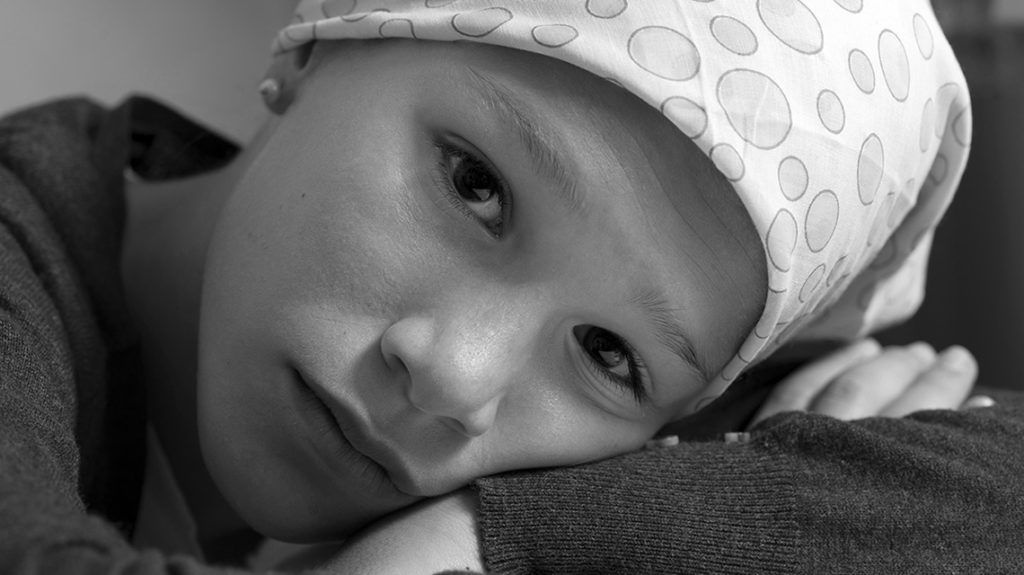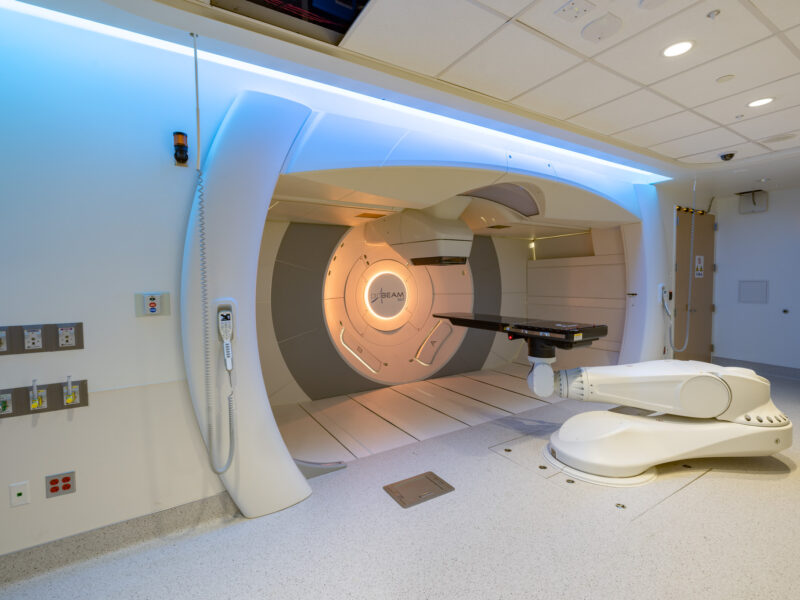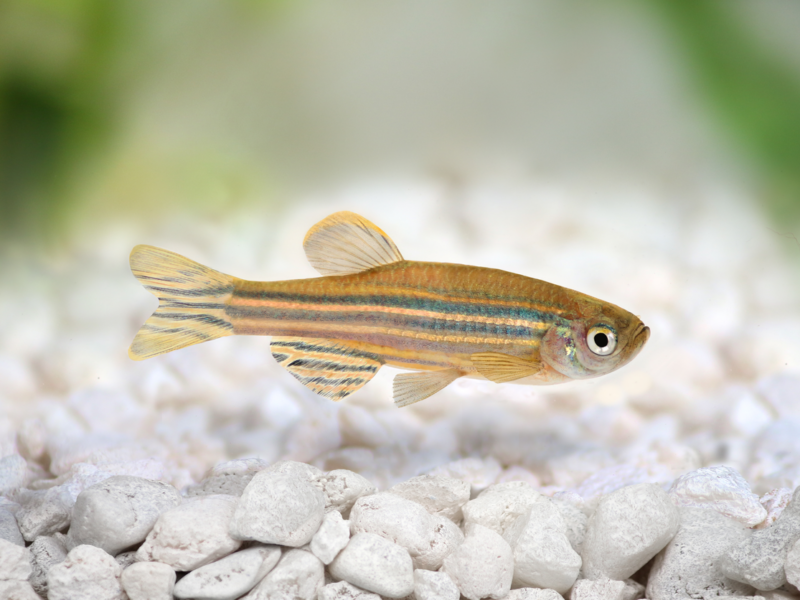Assessing the Impact of COVID-19 on Pediatric Cancer Research
Assessing the Impact of COVID-19 on Pediatric Cancer Research https://pediatricsnationwide.org/wp-content/uploads/2020/09/AdobeStock_74758042_header-1024x575.jpg 1024 575 Lauren Dembeck Lauren Dembeck https://pediatricsnationwide.org/wp-content/uploads/2021/03/Dembeck_headshot.gif- September 30, 2020
- Lauren Dembeck

Times of uncertainty offer an opportunity to reflect and reevaluate priorities.
“This is a time that warrants resiliency and different approaches for dealing with difficulties, and pediatric cancer research is a field that reflects the resilient spirit of the kids that we are striving to find cures for,” says Jeffery Auletta, MD, director of the Blood and Marrow Transplant Program at Nationwide Children’s and first author of a special report published in Pediatric Blood & Cancer by members of a panel of pediatric cancer advocates and experts.
Translational research has transformed pediatric cancer outcomes. Though cancer continues to be the leading cause of death from disease in children, the 5-year survival rate for pediatric cancers is now approximately 80%.
“Pediatric cancer research is really the success story and model for cancer research in general because early on we implemented investigator-initiated, multi-institutional trials at the level of a consortium and quickly gained knowledge and success in terms of outcomes,” says Dr. Auletta.
However, many childhood cancers still have low cure rates, and some treatments have high rates of morbidity and mortality. Thus, continued research efforts to improve therapeutic approaches are needed.
COVID-19 has had an immediate and potential long-term impact on pediatric cancer research. During state lockdowns, many early-stage clinical trials were temporarily halted, and other research activities were deemed nonessential, such as biospecimen collections, which could ultimately extend timelines to new discoveries.
Additionally, individuals and other donors are making fewer donations to foundations that support pediatric cancer research funding, and simultaneously, many pharmaceutical companies have tightened their budgets and diverted resources to COVID-19 research.
“Only 4% of the National Cancer Institute budget is devoted to pediatrics, thus we are dependent on philanthropy and private foundations for a lot of our research,” says Timothy Cripe, MD, PhD, FAAP, chief of the Division of Hematology and Oncology at Nationwide Children’s. “As these sources struggle financially, that will have a domino effect on grant funding and progress in the field until they can recover.”
However, Dr. Cripe explains that one mitigating factor may be the newly implemented the Research to Accelerate Cures and Equity (RACE) for Children Act, which requires companies that are developing drugs for adult diseases to also test them in pediatric diseases, if there is an obvious potential application.
On the other side of the coin, due to overlap between antiviral and antitumor responses, the pandemic may provide “silver lining” lessons from COVID-19 research that could inform cancer research. Additionally, children develop severe COVID-19 illness much less frequently than adults. Understanding how their immune responses differ may provide clues on how to improve outcomes in adults.
Finally, adaptations in daily life forced by the pandemic has led to innovative solutions that could potentially improve efficiency and opportunities for growth. For example, replacing some non-urgent follow ups with telemedicine visits may reduce costs and burdens to families. Increased data sharing and collaboration across borders and institutes may also yield long-term value for future progress in the field.
“We’re trying to minimize the negative impact, but COVID-19 is still slowing progress,” says Dr. Cripe. “Now, we’re entering a new reality of working within constraints but still with a desire to move forward and not fall too far behind.”
References
- Solving Kids’ Cancer. The pandemic’s impact on the pediatric cancer research landscape. 2020. http://solvingkidscancer.org/covid19webinar/ . Accessed September 7, 2020.
- Auletta JJ, Adamson PC, Agin JE, Kearns P, Kennedy S, Kieran MW, Ludwinski DM, Knox JL, McKay K, Rhiner P, Thiele CJ, Cripe T. Pediatric cancer research: Surviving COVID-19. Pediatric Blood & Cancer. 2020;e28435. [Epub ahead of print]
Image credit: Adobe Stock
About the author
Lauren Dembeck, PhD, is a freelance science and medical writer based in New York City. She completed her BS in biology and BA in foreign languages at West Virginia University. Dr. Dembeck studied the genetic basis of natural variation in complex traits for her doctorate in genetics at North Carolina State University. She then conducted postdoctoral research on the formation and regulation of neuronal circuits at the Okinawa Institute of Science and Technology in Japan.
-
Lauren Dembeckhttps://pediatricsnationwide.org/author/lauren-dembeck/
-
Lauren Dembeckhttps://pediatricsnationwide.org/author/lauren-dembeck/
-
Lauren Dembeckhttps://pediatricsnationwide.org/author/lauren-dembeck/
-
Lauren Dembeckhttps://pediatricsnationwide.org/author/lauren-dembeck/January 29, 2019
- Posted In:
- In Brief







